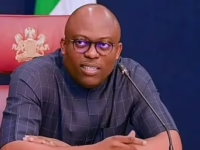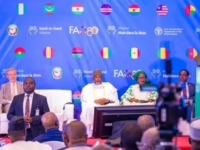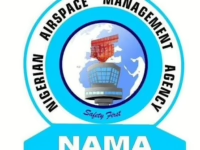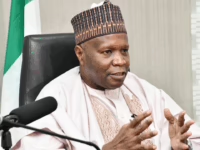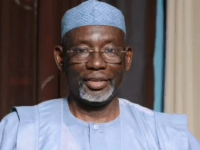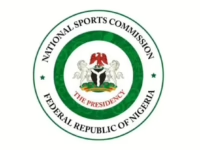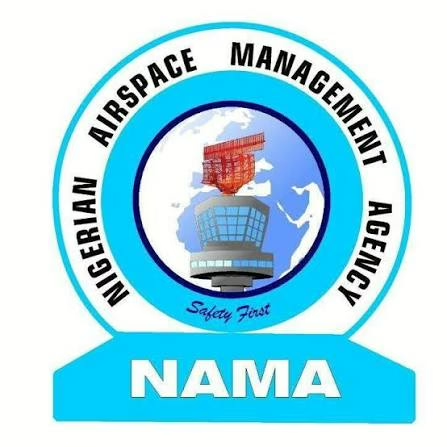The Nigerian Airspace Management Agency (NAMA) has urgently called for a reassessment of its flight service fees, highlighting that the current charge of N11,000 per flight, unchanged since 2008, is no longer viable given today’s economic realities.
Conversely, airline companies have expressed strong opposition, cautioning that any hike in fees could exacerbate the financial difficulties already facing the aviation industry.
At a recent summit in Abuja organized by the House of Representatives Committee on Aviation, NAMA’s Director-General, Farouk Umar, emphasized that the flat-rate fee model fails to cover the escalating costs associated with maintaining and enhancing vital aviation infrastructure.
“Back in 2008, we set the fee at N11,000 per flight. Since then, ticket prices have surged dramatically, with economy fares now between N150,000 and N200,000, yet our charges remain stagnant,” Umar explained.
The event, themed “Emerging Trends in Global Aviation: Sustainability, Technology and Digital Transformation,” convened key players to discuss the pressing challenges within Nigeria’s aviation sector. Umar used this platform to underscore the widening gap between airline income and the funding necessary to safeguard the nation’s airspace.
He pointed out that the uniform N11,000 fee applies per flight regardless of passenger count or aircraft capacity, neglecting the agency’s growing operational costs driven by inflation, currency fluctuations, and disruptions in global supply chains.
“We continuously upgrade our systems to keep Nigeria aligned with global aviation advancements. Yet, the fees airlines pay are minimal. It’s time for the industry and the public to acknowledge this reality. Continuing on this path is unsustainable,” he asserted.
Related: Tinubu Stabilized Buhari’s Faltering Economy but Lacks a Definitive Solution – SDP’s Adebayo
Umar clarified that NAMA operates on a cost-recovery basis rather than for profit. The agency has made substantial investments in modernizing infrastructure, including Instrument Landing Systems, radar surveillance, and digital communication networks, all aimed at meeting international safety benchmarks.
“Airlines have been reluctant to appreciate our position. While they adjust ticket prices in response to economic pressures, they overlook that we face the same market conditions when sourcing equipment. Without adequate funding, safety could be compromised,” he added.
Expressing disappointment over the aviation sector’s resistance to revising fees despite ongoing discussions, Umar warned that without a sustainable financial model, NAMA’s ability to invest in critical safety upgrades will be jeopardized.
“Our fees are not designed to generate profit but to ensure the provision of safe, dependable, and state-of-the-art air navigation services,” he stressed.
In his contribution, Abdullahi Garba, Chairman of the House Committee on Aviation, represented by Deputy Festus Akingbaso, called for collaborative efforts among all stakeholders to fortify the aviation industry.
“We aim to formulate practical strategies and reinforce priorities that improve aviation safety, infrastructure, and regulatory adherence,” Garba stated, assuring that the National Assembly will back agencies like NAMA, provided they demonstrate transparency and effective fund management.
The ongoing friction between regulators and airlines highlights deeper systemic issues within Nigeria’s aviation landscape. Airlines are grappling with soaring fuel costs, limited foreign exchange availability, and a complex array of taxes from multiple government levels. They argue that increasing fees could lead to higher ticket prices, further alienating passengers and dampening demand.
Industry experts note that in more advanced aviation markets, navigation fees are typically calculated based on factors such as aircraft size, distance traveled, and service complexity. Nigeria’s current flat-rate system is widely regarded as outdated and financially impractical.
The sector now faces a pivotal moment. While NAMA insists on revising tariffs to finance essential upgrades, airlines warn against imposing additional financial burdens. There is consensus among stakeholders that a fair and balanced approach is urgently required-one that enables NAMA to uphold safety and operational standards without disproportionately impacting carriers and travelers.





